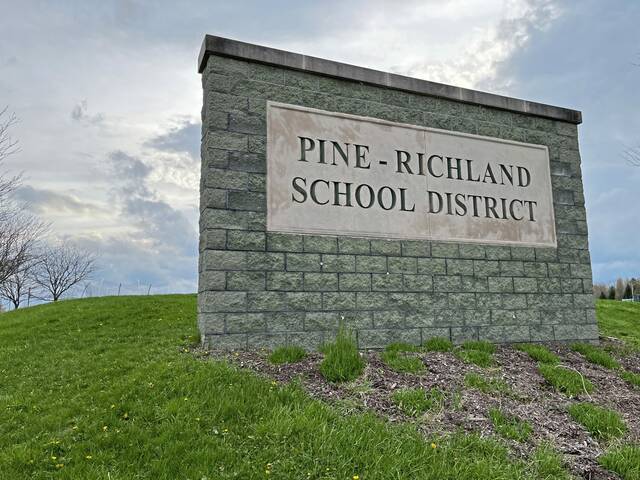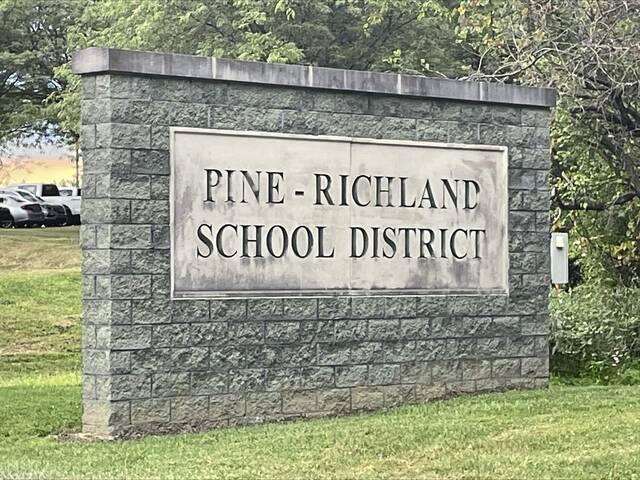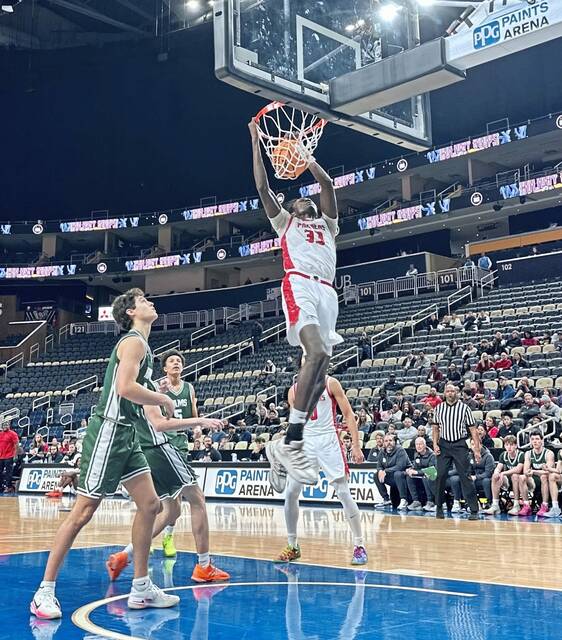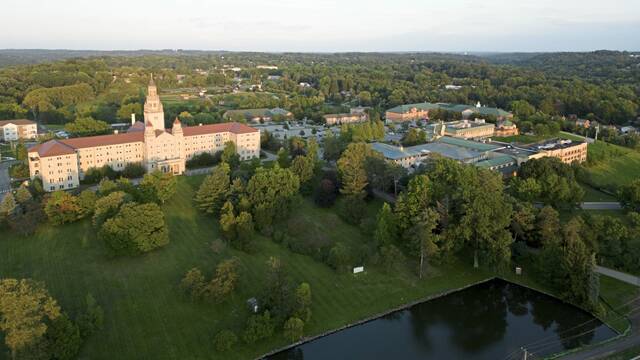The Pine-Richland School District could seek to increase property taxes by more than its state-imposed inflation limit as it grapples with a nearly $5 million deficit for the 2026-27 school year.
Superintendent Brian Miller said he and Christopher Juzwick, the district’s director of finance and operations, are recommending at least a 3.5% property tax increase, expected to be the district’s limit.
The district could seek to exceed the limit based on special education costs, Miller said. That would require the state to approve an exception so the district would not have to put the budget up for a vote at a referendum and would place the district’s budget process on an accelerated timeline.
With a 3.5% estimated increase in spending, the district is projecting a $4.9 million deficit. A 3.5% property tax increase would generate about $2.3 million in additional revenue, leaving a $2.6 million deficit that Miller described as “a significant number as we go into the next budget cycle.”
The recommendation came Sept. 15 at the first of four planned meetings examining the district’s finances in relation to personnel and program delivery. The next, focusing on student services, is scheduled for Oct. 6.
Miller told the board that “sustainable changes” are needed to tackle the deficit.
“What these next months need to include from our perspective is as many structural recommendations as possible, meaning repeatable decisions that are going to help not just for one time only but are going to continue for years to come,” Miller told the board.
The district’s tax rate is 19.5867 mills. Pine-Richland has not had a property tax increase since the 2017-18 school year, which was one of five increases over the past 20 years.
While Miller said he wants to know as soon as possible whether board members would support a property tax increase, board member Marc Casciani said he would be comfortable giving that indication in December after the finance meetings have concluded.
Miller had urged the board to consider a 2.1% increase for the current school year, when up to 4% was possible, but a five-member majority of the school board approved the budget with no increase. A $1.2 million deficit was covered from the district’s reserves.
That deficit remained despite the district cutting 10.5 positions, five and a half teachers and five support staff, by not replacing employees who retired or resigned.
With most of the district’s expenses driven by staff, the only way to move the needle on expenses is to look at staff, Casciani said.
“We have to bridge this gap we have by either increasing revenue or decreasing expenses,” Casciani said. “If we like the trajectory that we’re on as a school, it’s going to be really hard to decrease expenses by just looking at staff. We can certainly sacrifice and change direction, but we just have to have that type of conversation.”
Board member Michael Wiethorn said furloughs are out of the question for him.
“My priority is to preserve the academic excellence and to preserve the classroom experience,” he said. “I will spend money out of the reserves before I’d furlough teachers.
“Are tax increases something that we’re going to have to consider to some degree or another? I think that’s absolutely accurate. To what degree remains to be determined. This is a first step in a process. It’s a puzzle, and we’re seeing part of the puzzle tonight.”
Miller said closing the remaining $2.6 million deficit would require changes to revenue and expenditures, which will be explored over the coming finance meetings.
Staff cuts through attrition and fewer supplemental positions were cited as ways to decrease spending.
Participation fees could be recommended to bolster revenue.
“Those are impacts that are felt by the family, but the decisions that are in front of us are do we want to preserve the opportunity and if we preserve the opportunity how do we manage preserving that opportunity,” Miller said. “That might mean more responsibility for families for some of the extracurricular activities that may exist.”
Miller noted that reducing supplemental positions could impact the district’s ability to keep those activities.
“We know it’s those opportunities that engage kids and help them feel passionate and interested in school,” he said.








